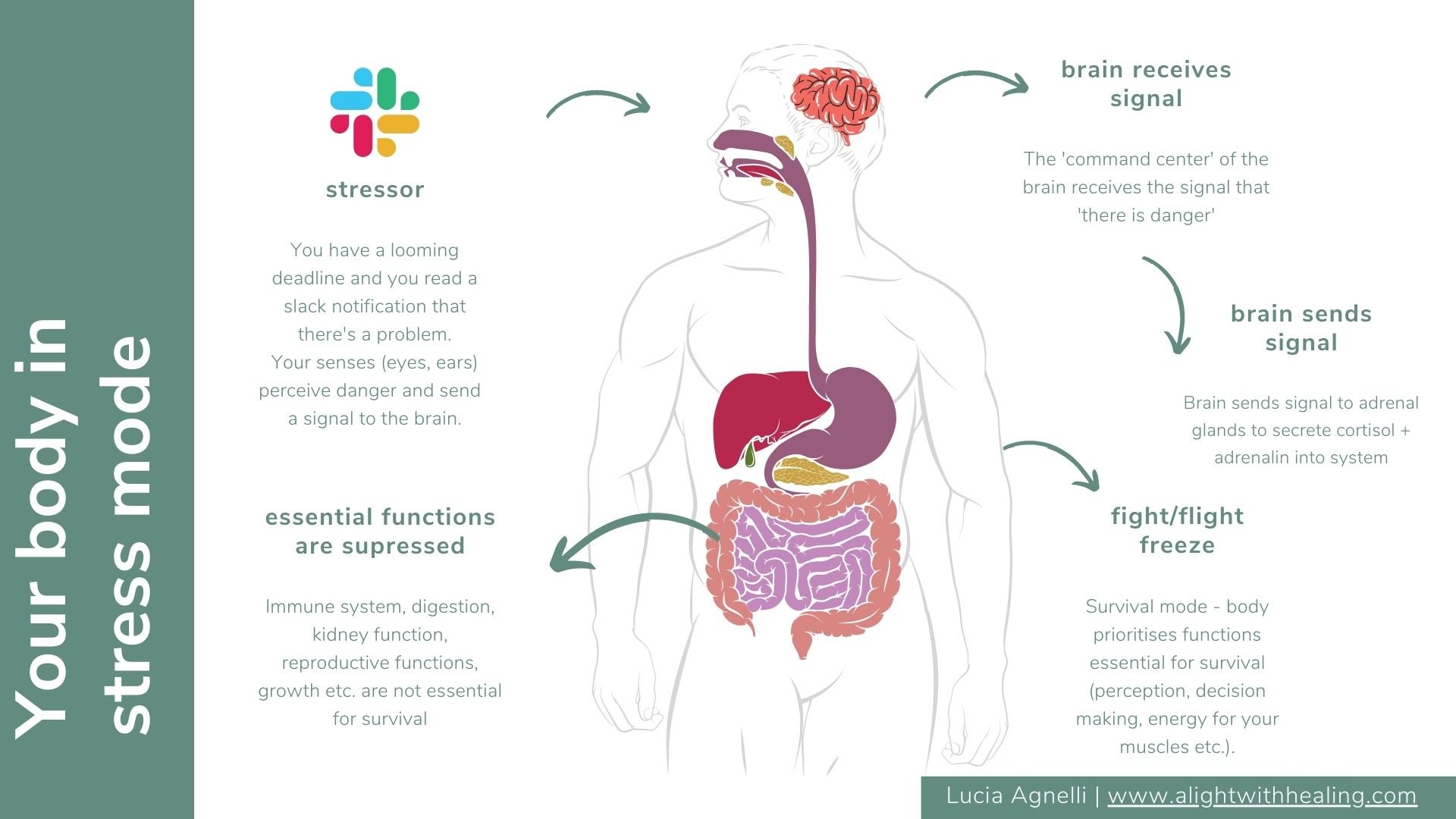What causes burnout in tech?
What causes burnout in tech?
Burnout at work and in the tech industry in particular is a growing concern.
It seems like everyone I talk to either has it high up on their agenda for their employee's wellbeing, is burned out themselves or knows of someone who has been or is in the middle of working through it.
If you are reading this and fall anywhere on this spectrum, know you are not alone, and many people feel burnout and are on the journey with you.
42.1% of tech workers surveyed by Yerbo have a high risk of burnout, and 62% feel emotionally and physically drained. So, what causes burnout in tech? How do we get better at spotting burnout symptoms? How do we fix burnout at work? Let's explore!
It makes this article (and conversation) a crucial one that needs some serious attention in the tech industry.
Here’s what I’ll cover in this article:
What causes burnout in tech?
How does stress differ from burnout?
How to spot burnout symptoms?
How to ‘fix’ burnout at work?
What causes burnout in tech?
There's a big difference between being tired after working through a resource and time-strapped sprint to feeling burned out. Herbert Freudenberger describes burnout as the loss of motivation, a growing sense of emotional depletion, and cynicism.
In the book Burnout, Emily and Amelia Nagoski break down his definition into three components:
"emotional exhaustion—the fatigue that comes from caring too much, for too long;
depersonalisation—the depletion of empathy, caring, and compassion; and
decreased sense of accomplishment—an unconquerable sense of futility: feeling that nothing you do makes any difference."
What makes tech jobs so stressful?
My time working in the app space was some of the most exciting years for me, but they were also very demanding. I was dealing with my chronic illness and health struggles while learning a new role, managing millions of dollars in ad budget in a constantly changing environment!
There is consistent pressure (both from CEOs and ourselves) to innovate, learn and adapt so that the product always delivers value to the consumers.
In summary, here are some aspects that make the tech space difficult to navigate as an employee:
The Tech Industry has a high-performance culture - characterised by fast-changing environments, uncertainty and shifting priorities - you are paid to "adapt or die". And, as humans, we struggle with control, we struggle to prioritise and find balance.
Collaboration and working in cross-functional teams is part of the role. Yet we have difficulty communicating, and our tendency to make assumptions makes this harder to accomplish, and so do our lack of boundaries.
Jobs are demanding and have high expectations. Yet, our expectations are even higher - the constant pursuit of perfection and the inability to ask for help are core drivers here.
How does stress differ from burnout?
To illustrate this, this is your body in stress mode and then explain how this differs from burnout.
What is stress?
Stress causes both a physiological (body) and psychological (mind and emotion) reaction within us.
Gabor Maté, author of When the Body Says No, explains, "Stress is a complicated cascade of physical and biochemical responses to powerful emotional stimuli."
What makes the response complicated is that first, the reaction happens automatically because it's what our bodies were made to do - keep us safe and out of danger.
It's also complicated because it impacts every aspect of our bodies and our minds.
How often in your day do you experience stress? And how often are you intervening to get your body back into a calm and restorative state?
Your body does not know the difference between the slack notification that just informed you that you could not meet the deadline and the lion chasing you in the wild while you were out looking for food.
Both of these situations feel like danger and that's why my course Burnout to Balance is aimed at helping you notice your signals, intervene and prevent burnout by better managing your stress.
How stress differs from burnout?
To recap, Herbert Freudenberger describes burnout as the loss of motivation, a growing sense of emotional depletion, and cynicism.
Burnout happens when we are continuously exposed to long periods of stress with little to no relief.
It happens when we keep going without stopping to listen to the signs our body sends us.
It's the continuous pursuit of more without resting and the inability to set boundaries when we need it most.
It happens gradually; for some, it feels like they have ignored the symptoms for too long.
How to spot Burnout Symptoms?
Our reactions to burnout may differ, but we must build awareness around our stress response and how we typically deal with it to get better at managing it.
You may be on different sides of the spectrum of symptoms, but the symptoms listed below are essential to look out for.
In this article by the Mayo Clinic, the following symptoms are present for people experiencing burnout:
You feel irritable and impatient with colleagues and those closest around you.
You are critical and cynical.
You lack the energy to stay focused on tasks.
It isn't easy to concentrate.
It feels like a struggle to get to work and an even bigger struggle to get started.
You feel a lack of satisfaction from your achievements.
You use escapism to avoid feeling - food, drugs, alcohol, Netflix.
Your sleep quality has changed.
Your general physical health feels off - digestive issues, headaches.
Sign up for EARLY-BIRD savings when the Burnout to Balanced course goes live!
How to fix burnout at work?
There is no quick fix to managing burnout, and I would go as far as to say that our human tendency to look for quick fixes is part of the problem.
Your burnout and chronic stress levels did not happen overnight, nor will balance.
It's a process that you must commit to choosing every day.
In my upcoming course, I will go through the fundamental shifts that must occur if you want to get better at managing your stress and preventing burnout.
Understand your load
We cannot fix the external without looking internally at what's really underneath our burnout.
For some, this might be the inability to say no to projects/commitments when we're already overwhelmed (aka setting boundaries); working late without clear lines between home and life (aka finding balance) and feeling misunderstood and unheard at work and at home (aka struggling to communicate our needs effectively).
Relax, on purpose
In our modern world, we feel like we constantly have to be doing something. Or we feel like wasted time is a problem.
Make the time to actively relax your mind and your body - on purpose.
When you watch TV but are still thinking of work - you're not actively relaxing.
Find time to be bored.
Walk and just walk.
Breathe deeply.
Write.
Paint.
Dance.
Go climbing.
What is something you can get completely lost while doing? Something that allows you to lose track of time and feel calm afterwards?
If you haven't found it yet, start experimenting.
Your perspective matters
How we view our problems is often part of the problem.
Examine the deeply rooted beliefs and attitudes you have about:
Working hard
Rest
Success
Asking for help
Tip:
Often, these show up in how we view others. The story we tell ourselves when we ask for help or want to rest.
What are the attitudes, beliefs and the story you tell yourself in those moments of overwhelm?
Burnout is an important topic in tech right now, and with good reason.
There is no quick fix but the fact that you've clicked on this article and read all the way to this word is one of the biggest steps.
Together, we must acknowledge that we have a problem, learn our patterns of behaviour when things get murky, effectively and authentically communicate our needs (so we feel heard) and take active steps in managing our daily stressors.









